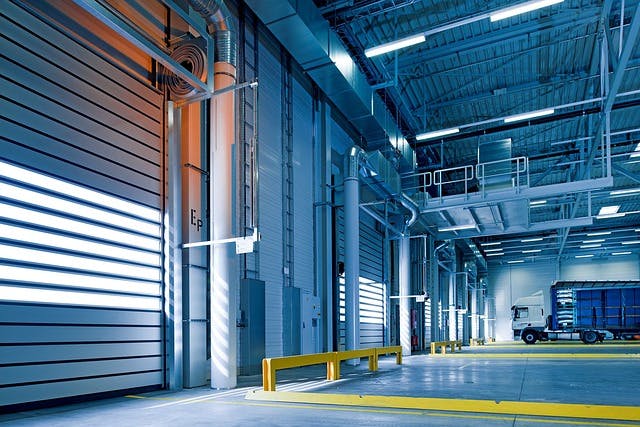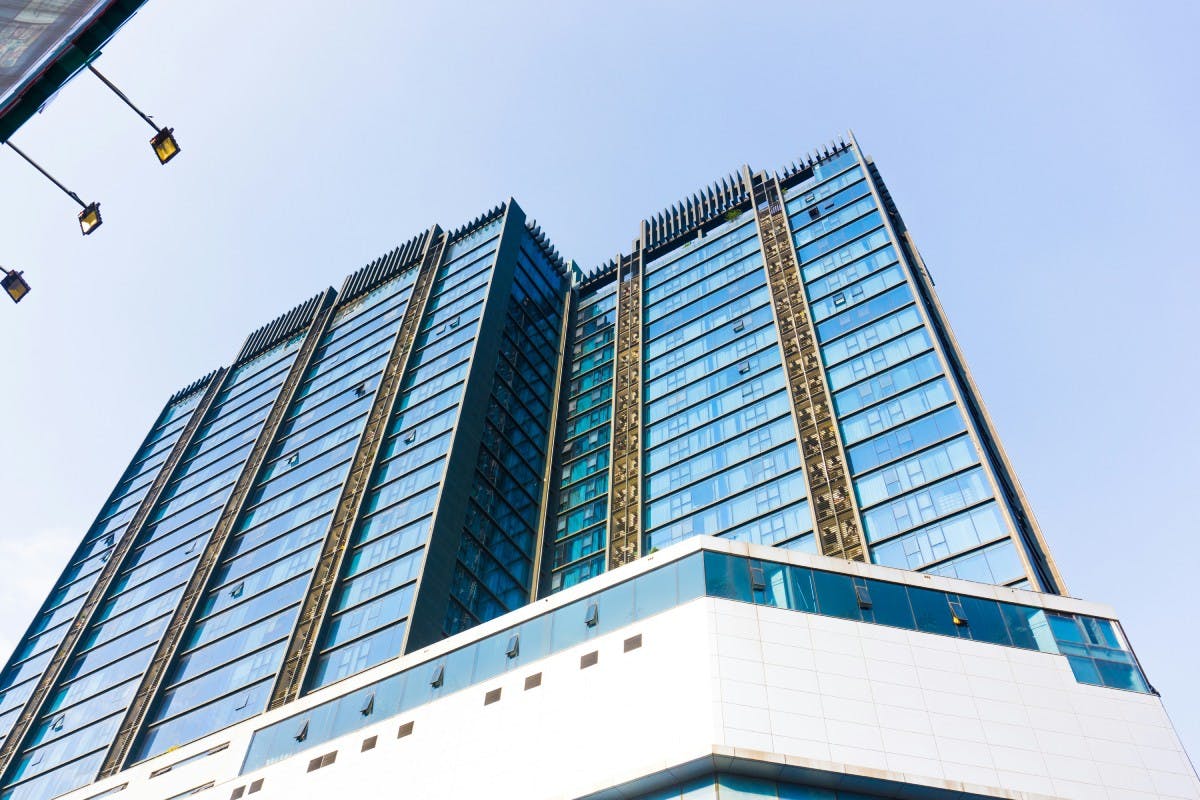Commercial
What makes the perfect industrial property investment?
Published
20 March, 2018

Commercial property investment is often thought of as retail space, shopping centres, or office towers in the CBD. Due to our daily engagement and familiarity with these commercial premises they’re obviously front of mind as investment opportunities.
However, industrial property accounts for a huge amount of commercial investment. We typically class these assets as those leased to manufacturers, wholesalers, warehouse users, and/or distributors.
When purchased well, with a long-term lease, industrial property has the potential to be lucrative and potentially more passive as their well-known counterparts.
While public-facing retail space or office properties often need aesthetically pleasing characteristics, industrial property requires less ‘fluff’ but hinges on a few fundamentals:
Access to Transport Links
Typical tenants of industrial properties will look to capitalise on proximity to major transport links and arterial road networks.
These businesses are often distributing to retailers so will naturally require convenient access to highways and freeways which will help keep transportation and freight costs low.
Flexible Property Usage
Businesses seeking property for industrial purposes often have a variety of operational needs. Purchasing assets with adaptable building space increases likelihood for these tenant demands.
Such properties may have large, open trusses, considerable roof height, and perhaps a large hardstand area.
Site Accessibility
Beyond transport links, it’s crucial to consider access to the site. Tenants are inclined to look for significant truck circulation and ease of manoeuvrability for distribution, delivery, and docking.
The roads servicing the site are of equal importance when considering access. A good industrial property will provide appropriate heavy vehicle access, parking, and access to storage areas.
Awareness of Specialised Equipment
Niche infrastructure, which may appear beneficial in attracting tenants, has potential to either narrow demand or appeal to specialised operators.
Specific purpose equipment, such as a 15-tonne gantry crane, may be your drawcard for a particular business but might be overly specialised for another. Considering the impacts of such industrial equipment is another key to good buying practice.
Understanding Local Metrics
Wise industrial property investors will pay attention to the ratio between hardstand, warehouse, and office space. Generally, the requirement for office space may be quite low. However, each district will have slightly different metrics which all need to be considered if you want your property to appeal to the greatest segment of the tenant market.
Familiarity with tenant demand is also incredibly important when considering site ration metrics.
The Right Tenant
As with any commercial property investment, lengthy lease tenure is desirable. Established tenants, with a proven track record and existing occupancy of the site, will drastically improve the overall comfort in your investment.
Investing in industrial properties is a skill. If you’re looking to invest in commercial property it’s worth considering investing alongside an experienced syndicator. For more information, get in touch with the team at Properties & Pathways.



